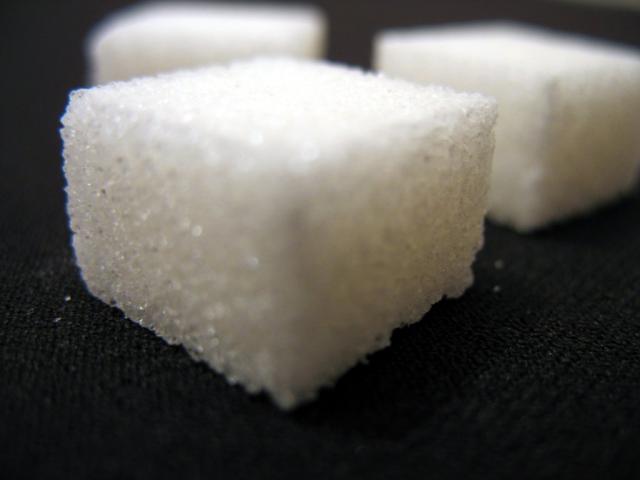Loving Kindness Meditation (3 Min.):
Many people know that the 11th Step encourages us to "improve our conscious contact" with our higher power. With today's hectic schedules, hours and days can quickly rush by before we realize we have been neglecting ourselves and haven't taken the time to meditate.
Here is a "mindfulness" website that may help. It offers free, guided meditations you can participate in, even right from your computer!
MARC- the "Mindful Awareness Research Center" is part of UCLA's Semel Institute. The MARC site offers FREE, downloadable meditations you can enjoy anytime. Click here to check them out:
MARC Meditations
There are many choices including a breathing meditation, loving kindness meditation and meditation for working with difficulties. They range in length from a quick, 3 minute pick-me-up to a deep, 19 minute complete meditation.
MARC even offers a free "mindfulness clock" widget for your desktop that gently reminds you that it's time to meditate.

MARC sites an "increasing sense of pressure, complexity and information overload" in our society as a major contributor to stress, health problems and diseases.
Mindful awareness "invites us to stop, breathe, observe, and connect with one's inner experience. There are many ways to bring mindfulness into one's life, such as meditation, yoga, art, or time in nature."
Research has shown meditation helps "lower blood pressure and boost the immune system; increase attention and focus, including aid those suffering from ADHD; help with difficult mental states such as anxiety and depression, fostering well-being and less emotional reactivity; and thicken the brain in areas in charge of decision making, emotional flexibility, and empathy."
Check out the Orange County ACA website at: Orange County Adult Children

